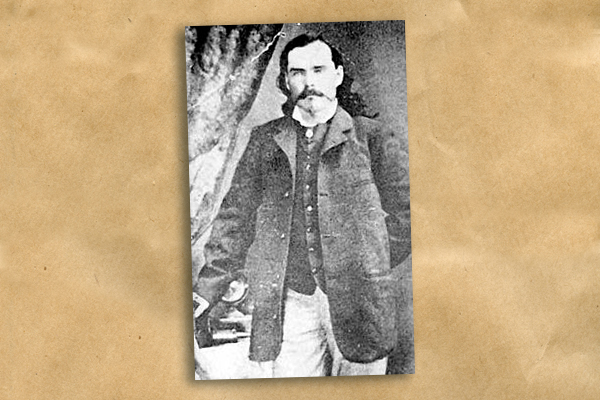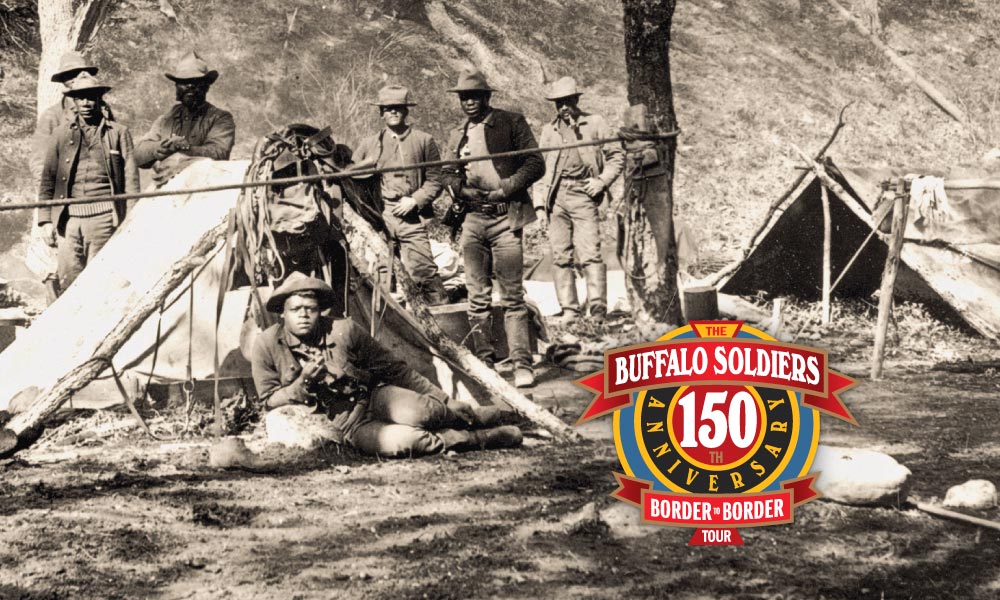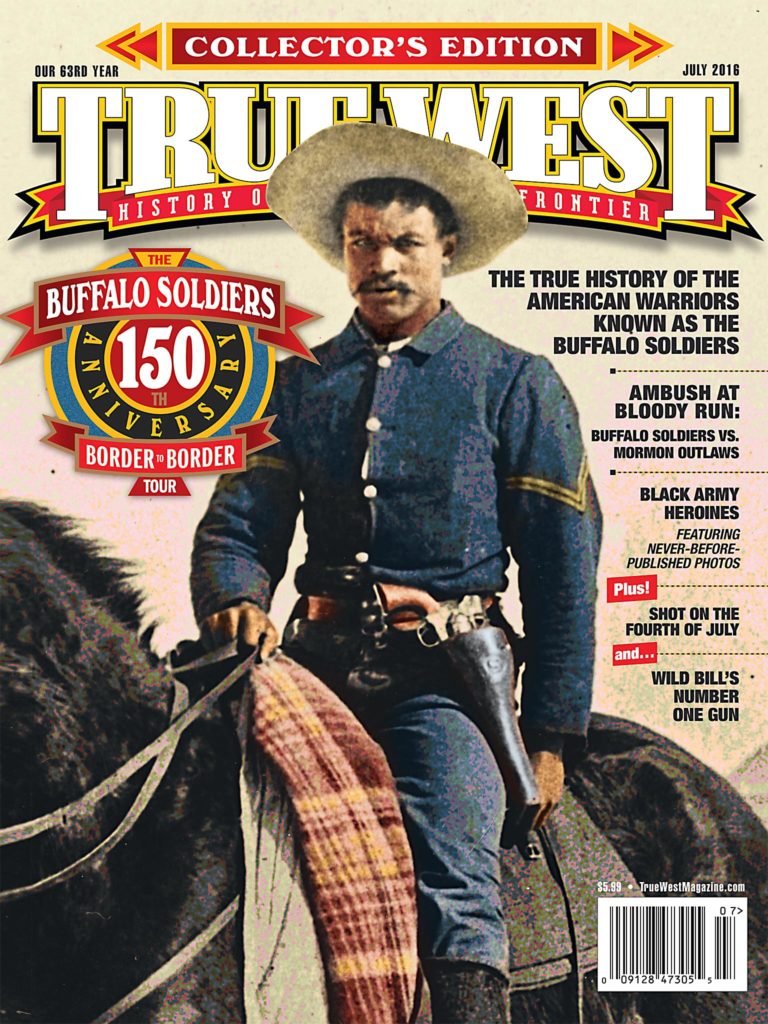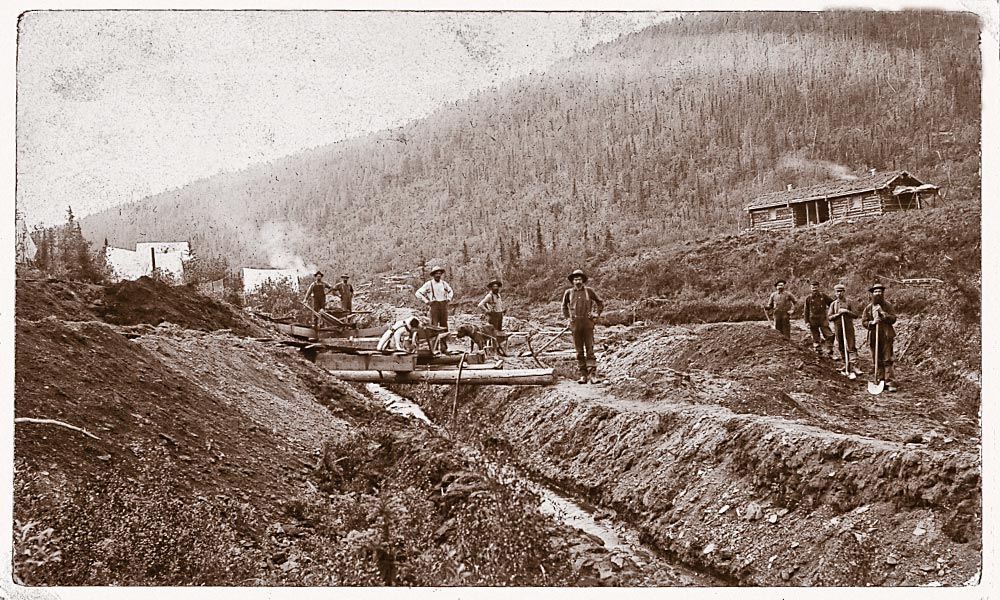
– El Dorado Courtesy Library of Congress / All other images True West archives –
Miners are notorious for a lifestyle of hard work, at times peppered with harder play. Alfred T. Jackson was a Nutmegger (someone from Connecticut) who found himself caught up in the “Yellow Fever” created by the discovery of gold in California.
Forty-Niners like Jackson encountered a variety of survival situations during their searches for El Dorado. Those who traveled along the overland trails to the gold fields were decimated by Asiatic cholera and other dangers. Roughly one in 10 of the Argonauts of 1849 were buried with their dreams before reaching the mines. For those who made it, the backbreaking work tested the fiber of each miner.
Disease remained the greatest danger, but encounters with wildlife, such as rattlesnakes, bears and cougars, added to the perils. Falls, drownings, poisonings, kicks by livestock, fires and a host of other accidents were among the hazards faced by miners. Prospectors were also preyed on for their stashes of gold. In the gold fields, men like Jackson had to exist within a harsh system of frontier justice, where hangings and corporal punishments were handed out freely for a variety of transgressions.
Jackson thrived in deprivation, as his writings reveal: “I have had an exciting time this week.” Here was a man who had cured his bout of cholera with two ounces of Jamaica ginger and would later survive death by exposure in a storm.
Jackson’s closest scrape with death came at the national birthday party. On July 4, 1851, Jackson and his friend, “Pard,” attended a celebration. At that time, the holiday was grander than New Year’s Eve—it featured a public reading of the Declaration of Independence, almost endless speechifying, a feast and the liberal consumption of alcoholic beverages. As Jackson recorded, “Of course, it was drinks all around; you can’t do anything in this country without setting ’em up first.”
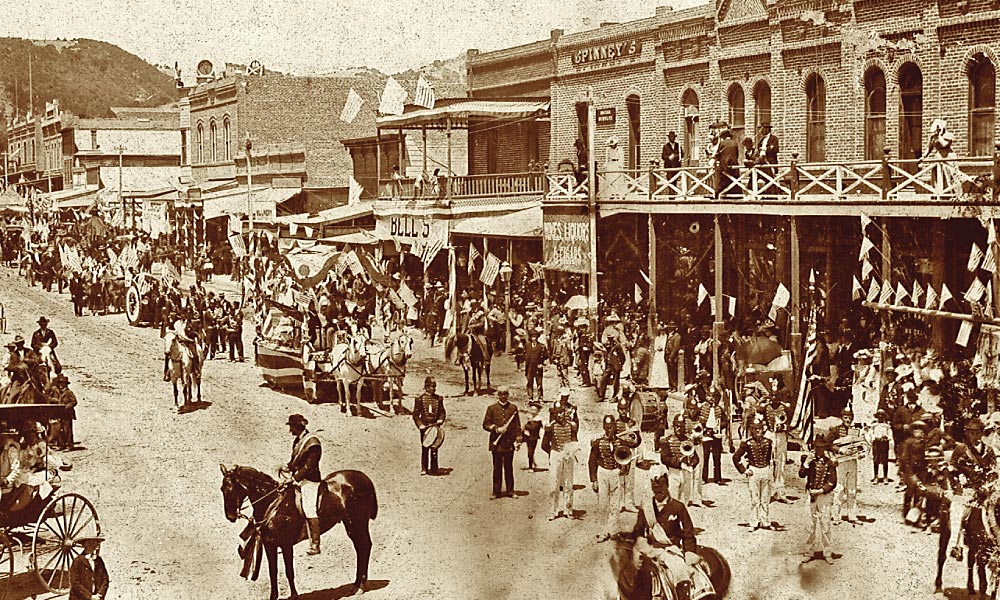
The celebration on Selby Flat that year had all of the trappings one might find in an average American town. A man named Kellogg performed the reading of the Declaration of Independence. Pard gave a speech that so impressed the crowd, he was given a gold watch for his efforts five days later.
The feast served roughly 1,000 people and included an evening barbecue of six sheep and an ox. The ox had been roasted whole and was consumed with great delight by attendees. The Saleratus Ranchers pulled together an impromptu parade that proceeded around the flat. Wearing the wildest of costumes, the parade participants christened themselves the “Rag, Tag and Bobtail Rangers.” This boisterous procession of singing and shouting continued until the participants were too hoarse to shout out.
As in many of the gold camps, the fireworks were shots produced by firearms. Mixing alcohol and gunpowder could be a most dangerous combination. While Jackson stood peaceably watching the show, he heard a shot nearby and “felt a sting” in his shoulder. The startled young man whirled around to see Pard wrestling with a man named Odell, who had a pistol in his hand. Pard soon got the best of Odell, Jackson wrote in his diary, and “…beat him over the head until he was insensible.”
That sting Jackson had felt was the ball grazing his collarbone. Lucky for him, the wound was not serious. Had Odell’s shot been placed an inch or two different, the result could have been devastating.
As Jackson tended to his Independence Day wound, frontier justice threatened to change the tenor of the celebration. Many in the drunken throng called for Odell to be hanged. Pard intervened, reminding the crowd that hanging the assailant would reflect poorly upon the camp. The mob agreed to give Odell 24 hours to take his possessions and skedaddle. The stupefied Odell was informed that if he violated this order of banishment, he would be strung up to die.
Having had sufficient fun for one day, Jackson walked to his cabin, with Pard scolding him all the way for getting into scrapes. The two men spent the rest of the glorious Fourth sitting near their cabin, gazing at the moon with their dog, Jack. Jackson admitted he had enjoyed the quiet evening better than the celebration—at least he was no longer in danger of getting shot!
Happy Birthday America!
Terry A. Del Bene is a former Bureau of Land Management archaeologist and the author of Donner Party Cookbook and the novel ’Dem Bon’z.



